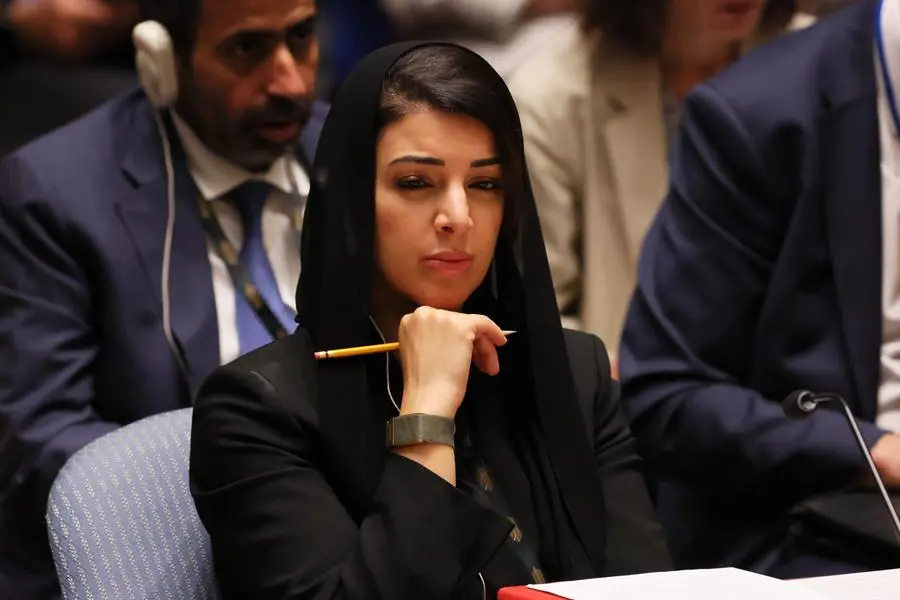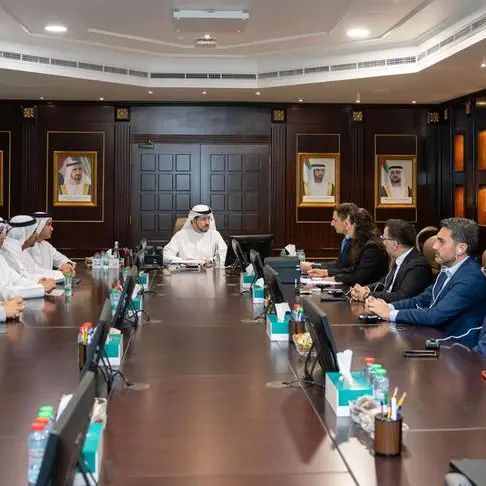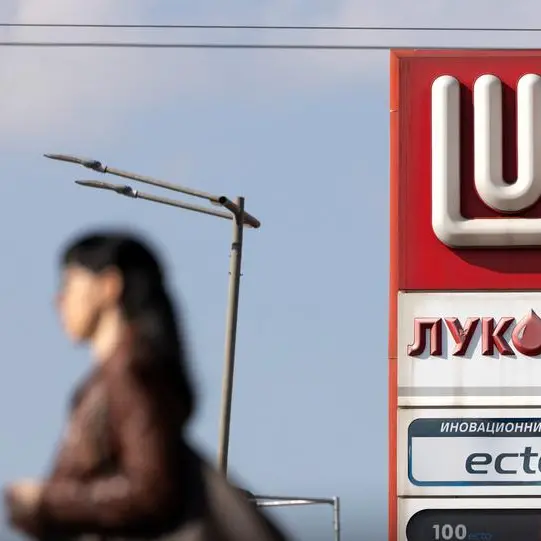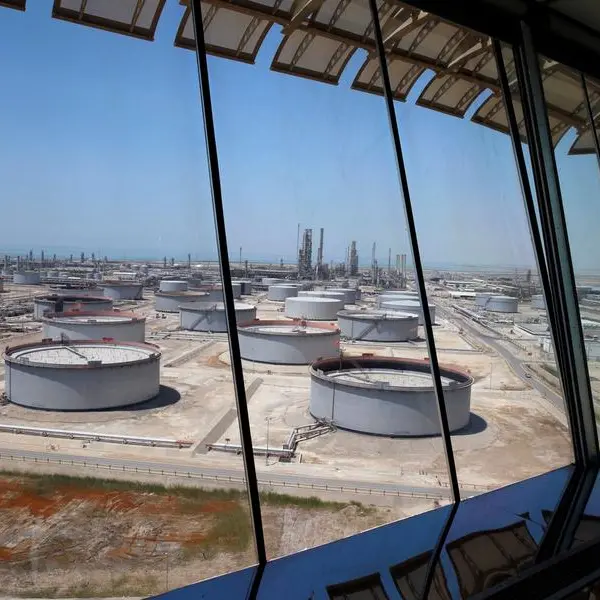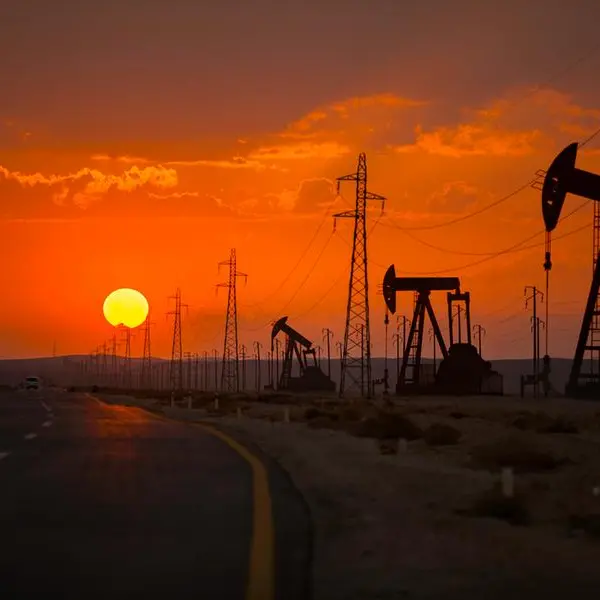PHOTO
Next year's UN climate talks in the United Arab Emirates must work towards a just and equitable energy transition, the oil-rich host country, seeking a gradual move from fossil fuels, said Friday.
The UAE is one of the world's biggest oil producers.
It wants to "bring diverse and different thoughts to the table from all around the world and in particular the countries of the global south", said Minister of State for International Cooperation Reem Al Hashimy.
"How we manage to deal with a just energy transition by also ensuring prosperity and stability for people around the world, how we manage to do that in a manner that's equitable" is the issue, she told the World Policy Conference of political, business, academic and other leaders in Abu Dhabi.
In an interview with AFP in July, the UAE's Minister of Climate Change and Environment Mariam Almheiri insisted the world is "not ready" to switch from hydrocarbons, despite the havoc being unleashed by global warming.
Sharply higher fuel costs triggered by sanctions on Russia for invading Ukraine prompted Western countries to demand higher oil production this year, Almheiri pointed out at the time.
Al Hashimy said the UAE-hosted COP should discuss the climate challenge and energy transition "in light of new geopolitical rivalries that could jeopardise international cooperation".
The international community largely agrees that climate change poses an existential threat to the planet and future of mankind. But action to cut carbon pollution and prepare for the accelerating impact is lagging.
Last month, the COP27 summit in Egypt agreed to establish a fund to compensate poorer countries already devastated by the fallout from global warming.
However, it failed to push ahead on further cutting emissions to keep alive the goal of limiting global warming to 1.5 degrees Celsius from pre-industrial levels.
Having diversified its economy over the decades, the UAE relies less and less on oil, whose revenues now make up 30 percent of GDP.
But the Gulf state forecasts that the oil and gas industry would need to invest more than $600 billion every year until 2030 just to keep up with expected demand.
At the same time, the UAE is spending billions to develop enough renewable energy to cover half of its needs by 2050, and it is targeting net-zero domestic carbon emissions by that year.
